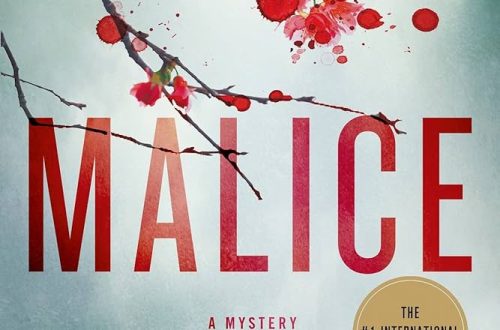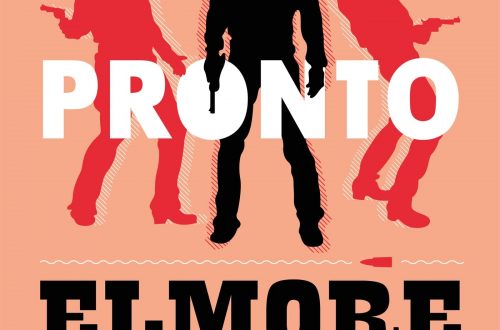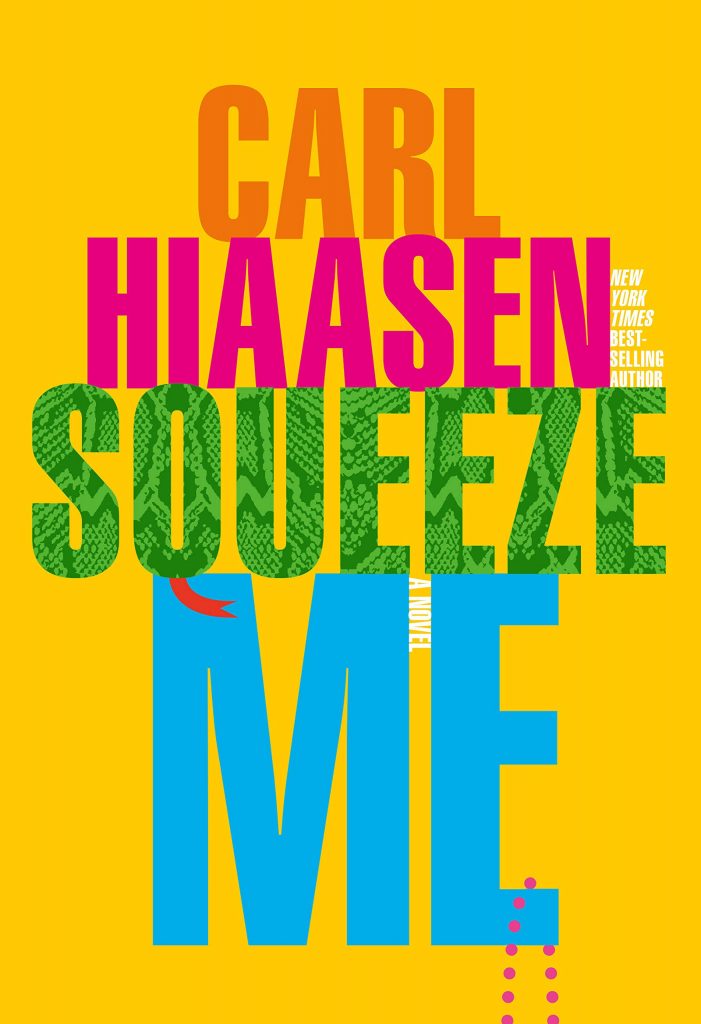Anthony Marra starts off well enough. His lead characters Art Feldman, a 1940s B-lot movie producer and his plucky assistant, an Italian immigrant named Maria Lagana, together make crummy movies on a tight budget. The movies are worth paying attention to because Art and Maria both have relatives trapped by Nazis and Fascists in Europe so they see it as their duty to call truth to power. They battle wartime censorship and American fascists (America First members) looking to shut down a Jewish filmmaker by making schlocky films about the hypocrisy of American propaganda.
At its strongest, Marra captures the patois of an indomitable, snarky Jewish director with six toupees, each toupee bearing its own name, and the Italian banter of Maria’s three aunts who communicate only in insults. Listening to the dialogue is as joyful as watching an old black and white movie.
Then Marra introduces Art Feldman’s twin brother, Maria’s father entrapped in Italy, the village of San Lorenzo in Italy and all its villagers, a Chinese American actor, German refugees seeking work in the film industry, an Italian policeman and his ambitious sidekick, a Senatorial hearing on acceptable film making, a German American architect working as a miniaturist in a film studio who is later called up by the U.S. Army to build a painstakingly accurate, life size depiction of Berlin in the middle of the Utah desert to be used as target practice, and rebuilt each time it is burned, a Black prisoner wrongfully convicted and sentenced to fifty years in jail, an on again, off again relationship between Maria and her mother, an archaeological dig, and rapacious stockholders anxious to promote profit over art upon Hollywood.
Mercury Pictures Presents is one of those books reviewers refer to as a sprawling novel, and most reviewers loved Mercury Pictures Presents. Alas, sprawl overtakes Anthony Marra as he tries too hard to cover too much. His story of a B-level movie studio comes off as a B-level book.



































